Why Maria Sharapova's meldonium positive raises questions for cycling too
How much evidence is required to put a substance on the banned list – and will athletes take anything that might conceivably give them the edge?
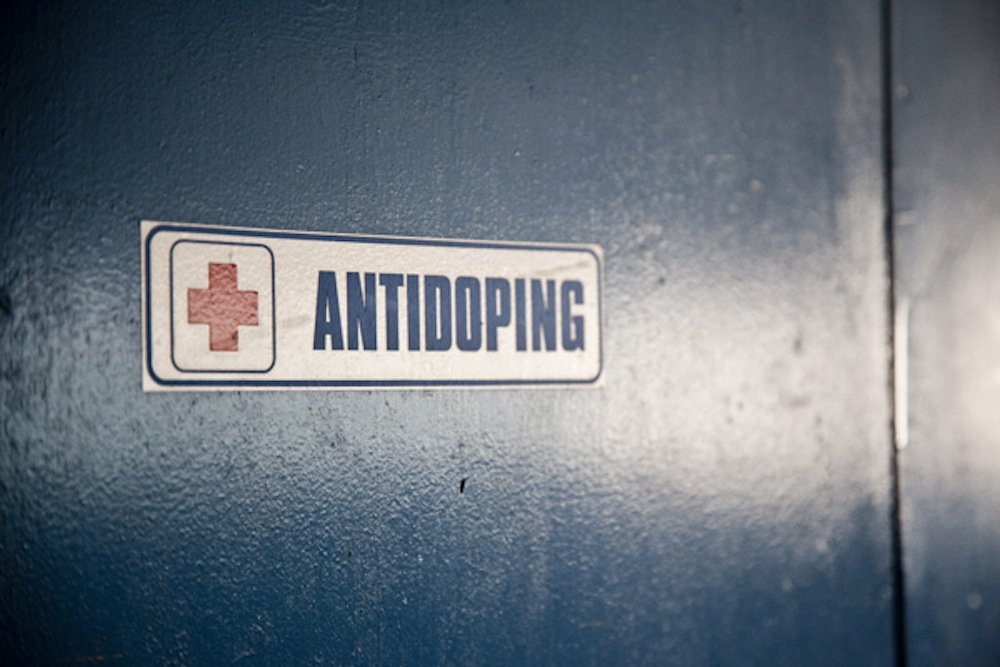

When Eduard Vorganov of the Katusha cycling team tested positive for meldonium early last month, he was among the very first athletes to fall foul of the addition of that drug to WADA’s list of banned substances. Since then, dozens of athletes – almost all from Eastern Europe or the Baltic countries – have also tested positive for the drug across sports ranging from ice dancing to track and field. None of them is more prominent than Maria Sharapova, the Russian tennis star and five-time Grand Slam winner.
Sharapova’s positive test and Monday’s well-orchestrated press conference have set the stage for the most high-profile doping case since that of Lance Armstrong. It also provides an opportunity to ask some difficult questions about doping in sports and efforts to regulate it.
Meldonium was added to the WADA prohibited list January 1 of this year “because of evidence of its use by athletes with the intention of enhancing performance.” But does it actually enhance performance? One review of available evidence suggests that it does and with no side effects, likely explaining its wide use among athletes. However, another review calls that evidence “limited”, and the Latvian scientist credited with inventing the drug downplays any performance-enhancing qualities. The drug is also readily detectable with conventional urine testing, making it a ready target for anti-doping agencies, and explaining the spate of positive tests.
How much evidence should be required before a drug makes it onto the WADA prohibited list? Is widespread usage by athletes evidence enough? Similarly, how much evidence do athletes need to provide that a suspected performance-enhancing drug is being used for medical purposes when they chose not to apply for a Therapeutic Use Exemption?
>>> UCI to 'strengthen' TUE procedures after Froome fiasco
Such questions are likely to be raised as Sharapova’s case proceeds. The tennis star has made the case that she has been taking the drug for the past decade purely to address medical problems, which she said include the flu, as well as symptoms of diabetes and heart problems – with only the latter being identified as a proper usage of the drug. Her lawyer indicates that she is lobbying the International Tennis Federation for no suspension, based on her medical use. Vorganov and the other athletes already caught taking the drug are no doubt watching with great interest how the strategy plays out.
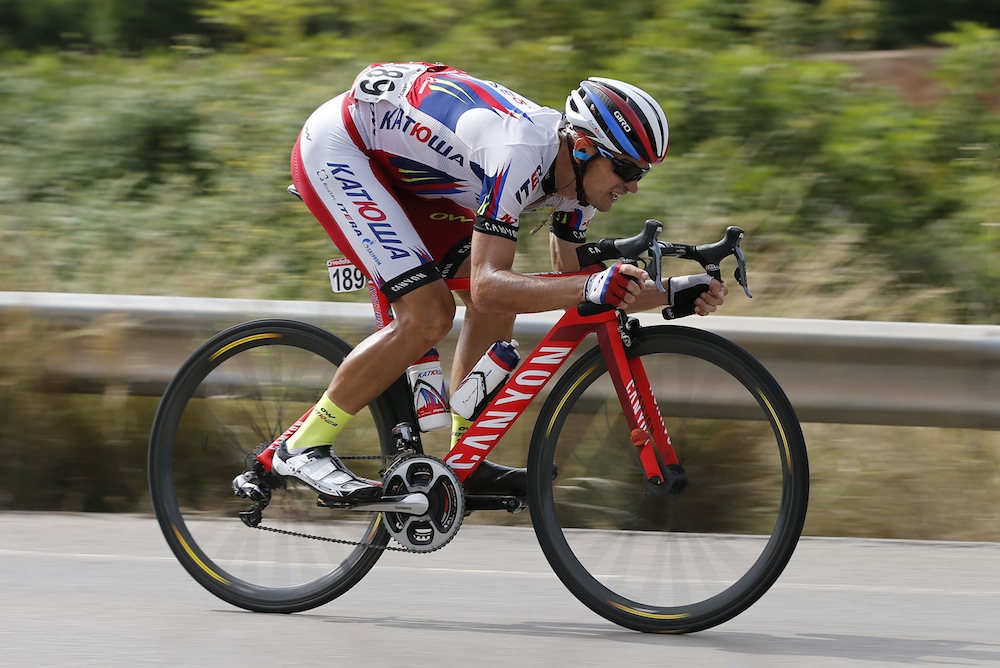
If the sentence ultimately handed down by the ITF is perceived as too lenient, then WADA can appeal it to the Court of Arbitration for Sport. If Sharapova sees it as too harsh, she can do the same, so the odds either way are that this one will wind up before CAS, where its resolution may serve as a landmark judgment.
Get The Leadout Newsletter
The latest race content, interviews, features, reviews and expert buying guides, direct to your inbox!
More broadly, data gathered over the past year while meldonium was being monitored by WADA provides a clear indication that if there is any substance that offers the promise of performance-enhancement, is not banned and has few side effects, then many athletes will take it. This is a no-brainer. At the 2015 European Games in Baku, meldonium was detected in 8.7 per cent of urine samples, including those of 13 gold medallists, yet only 3.5 per cent admitted to taking the drug.
On Twitter, former professional tennis player Jennifer Capriati accused Sharapova of cheating for the past 10 years. The case will no doubt raise questions about what it means to cheat, and more fundamentally, how some athletes – whether in tennis, track and field or cycling – have better access to doctors and other experts who can help them to fully exploit the latitude given by the rules that are in place at any given time.
Sharapova’s blunder will shine a bright light such inequities in sport as well as the effectiveness of anti-doping regulations. Given the widespread scandals facing sport today, meldonium may yet offer a silver lining in the form of much-needed discussion and debate.
Roger Pielke Jr. is a professor at the University of Colorado’s Center for Sports Governance. He is the author of The Edge: The War Against Cheating and Corruption in the Cutthroat World of Elite Sports coming out summer 2016.

Thank you for reading 20 articles this month* Join now for unlimited access
Enjoy your first month for just £1 / $1 / €1
*Read 5 free articles per month without a subscription

Join now for unlimited access
Try first month for just £1 / $1 / €1

Nigel Wynn worked as associate editor on CyclingWeekly.com, he worked almost single-handedly on the Cycling Weekly website in its early days. His passion for cycling, his writing and his creativity, as well as his hard work and dedication, were the original driving force behind the website’s success. Without him, CyclingWeekly.com would certainly not exist on the size and scale that it enjoys today. Nigel sadly passed away, following a brave battle with a cancer-related illness, in 2018. He was a highly valued colleague, and more importantly, an exceptional person to work with - his presence is sorely missed.
-
 'I start every race to win' - Mathieu van der Poel fired up ahead of Paris-Roubaix showdown with Tadej Pogačar
'I start every race to win' - Mathieu van der Poel fired up ahead of Paris-Roubaix showdown with Tadej PogačarTwo-time winner says he has suffered with illness during spring Classics campaign
By Tom Thewlis Published
-
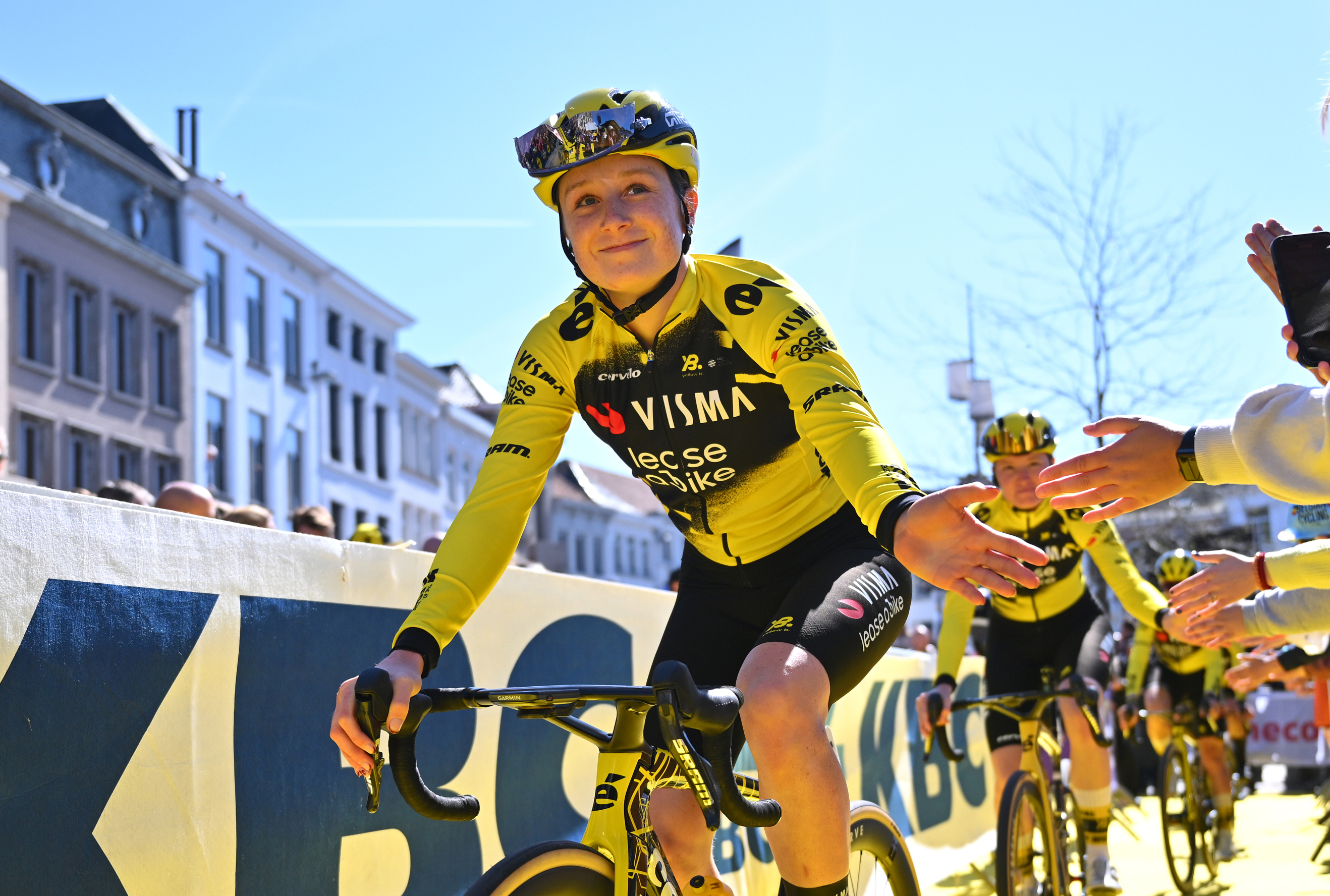 'It's really surreal that now I'm part of it' - 19-year-old Imogen Wolff set to go from spectator to racer at Paris-Roubaix
'It's really surreal that now I'm part of it' - 19-year-old Imogen Wolff set to go from spectator to racer at Paris-RoubaixBrit first came to see the 'Hell of the North' when she was six
By Tom Davidson Published
-
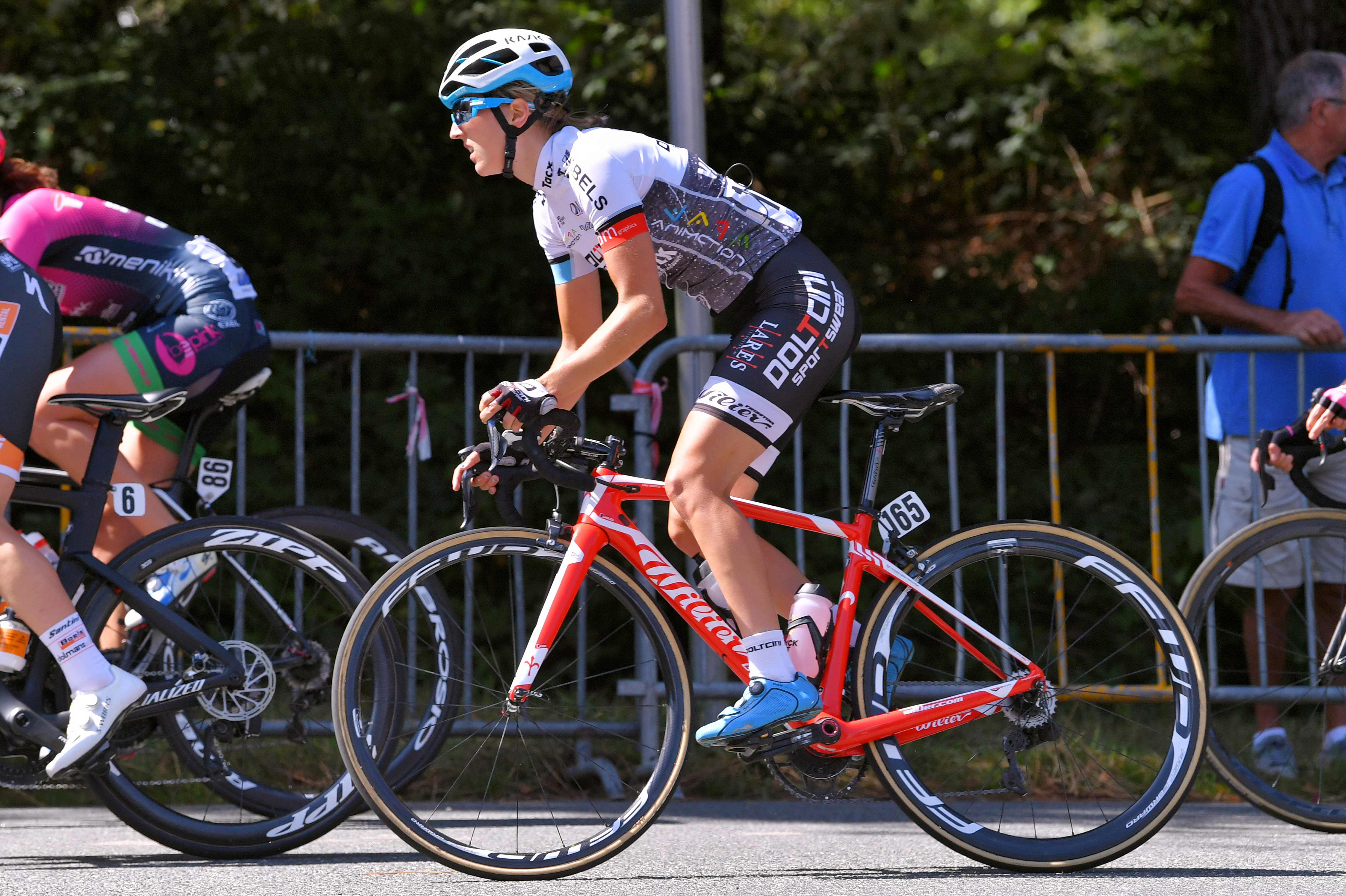 French cyclist given 10-month suspended prison sentence for doping
French cyclist given 10-month suspended prison sentence for dopingMarion Sicot said doping formed "an integral part" of cycling
By Tom Davidson Published
-
 French cyclist faces suspended prison sentence and €5,000 fine in doping trial
French cyclist faces suspended prison sentence and €5,000 fine in doping trialMarion Sicot, who admitted to taking EPO in 2019, is currently on trial in France
By Tom Davidson Published
-
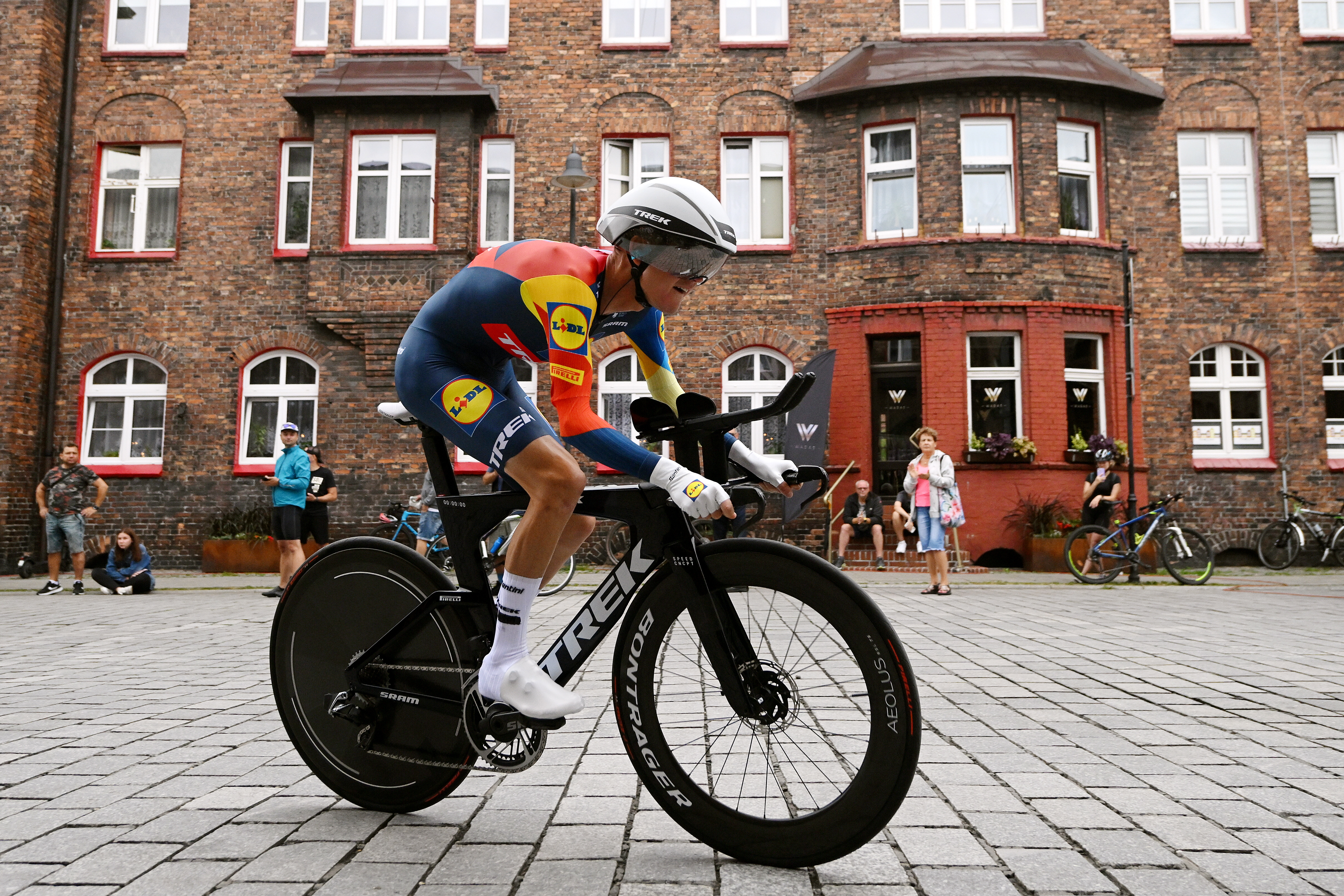 Steroids found in pro cyclist’s anti-doping test sample
Steroids found in pro cyclist’s anti-doping test sampleAntwan Tolhoek has been provisionally suspended by the UCI while proceedings are ongoing
By Tom Davidson Last updated
-
 Jonas Vingegaard reveals he missed an anti-doping test
Jonas Vingegaard reveals he missed an anti-doping test'It's not great to have a missed test hanging over you,' says Tour de France champion
By Tom Davidson Published
-
 Jumbo-Visma rider Michel Hessmann suspended after positive anti-doping test
Jumbo-Visma rider Michel Hessmann suspended after positive anti-doping testThe 22-year-old's out-of-competition sample detected the presence of diuretics
By Tom Davidson Published
-
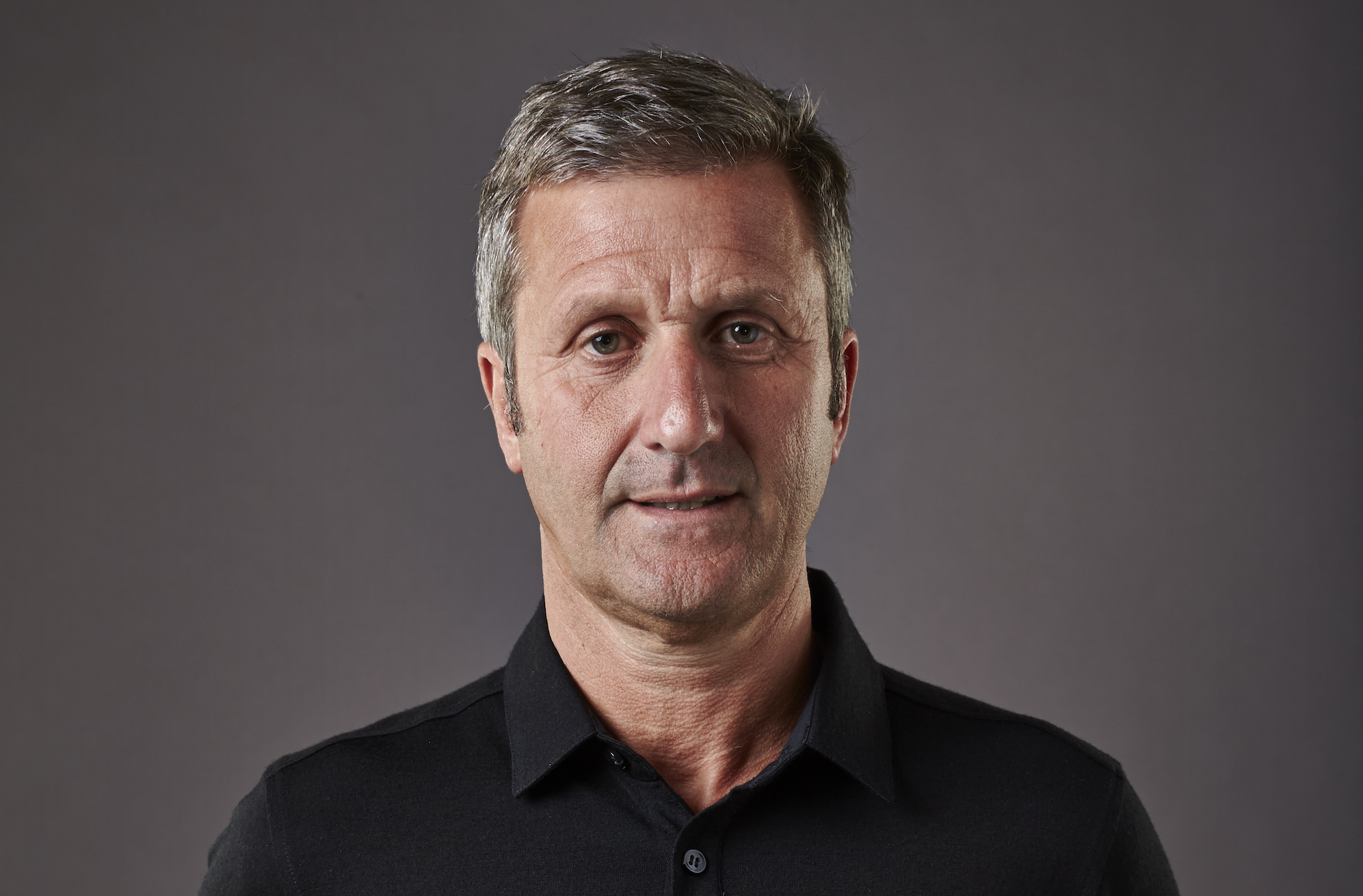 Former British Cycling doctor Richard Freeman given four-year doping ban
Former British Cycling doctor Richard Freeman given four-year doping banFreeman chose not to defend himself before the anti-doping panel
By Tom Davidson Published
-
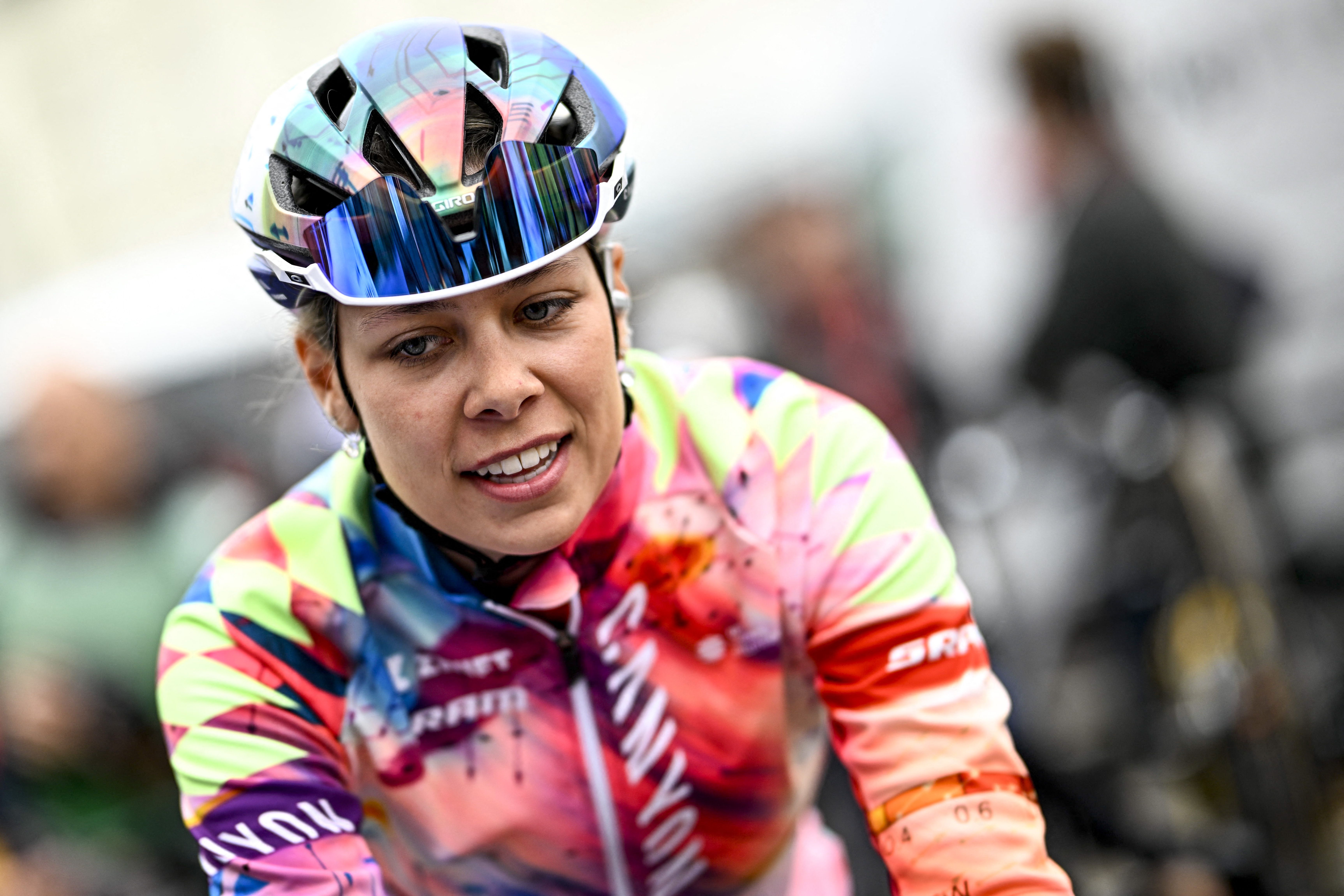 'We are not cheaters' says Belgian rider Shari Bossuyt after anti-doping positive
'We are not cheaters' says Belgian rider Shari Bossuyt after anti-doping positiveThe Canyon-SRAM rider tested positive for Letrozole in an anti-doping control in March
By Tom Davidson Published
-
 "Failing that drug test was the best thing that had ever happened to me"
"Failing that drug test was the best thing that had ever happened to me"Abuse victim and disgraced cycling champion Geneviève Jeanson finds solace in return to bike racing
By Anne-Marije Rook Published